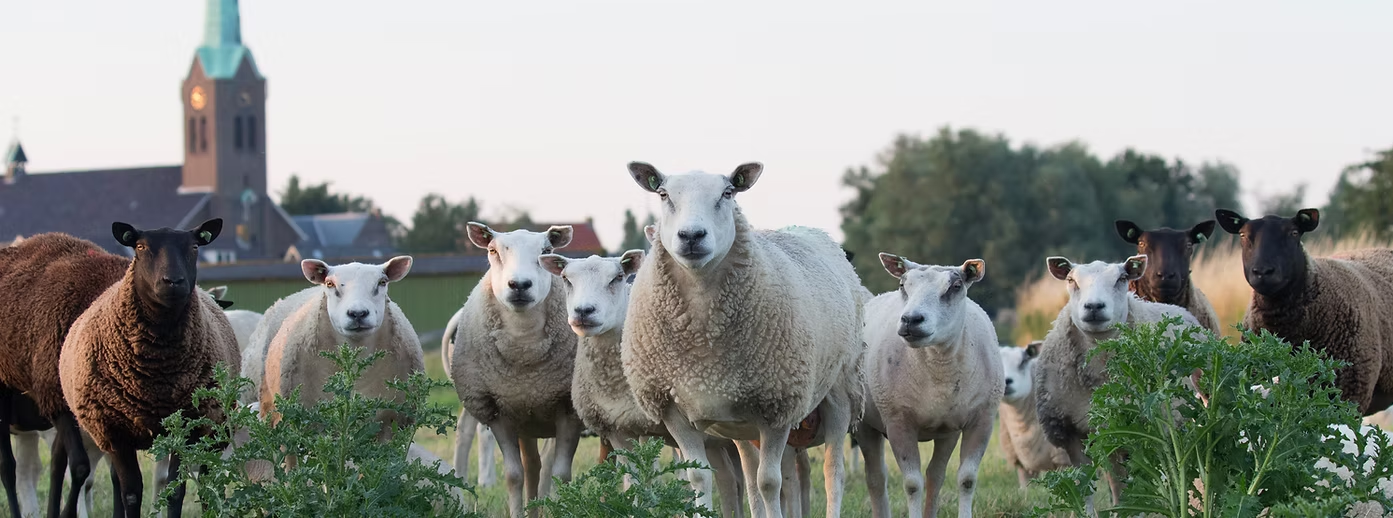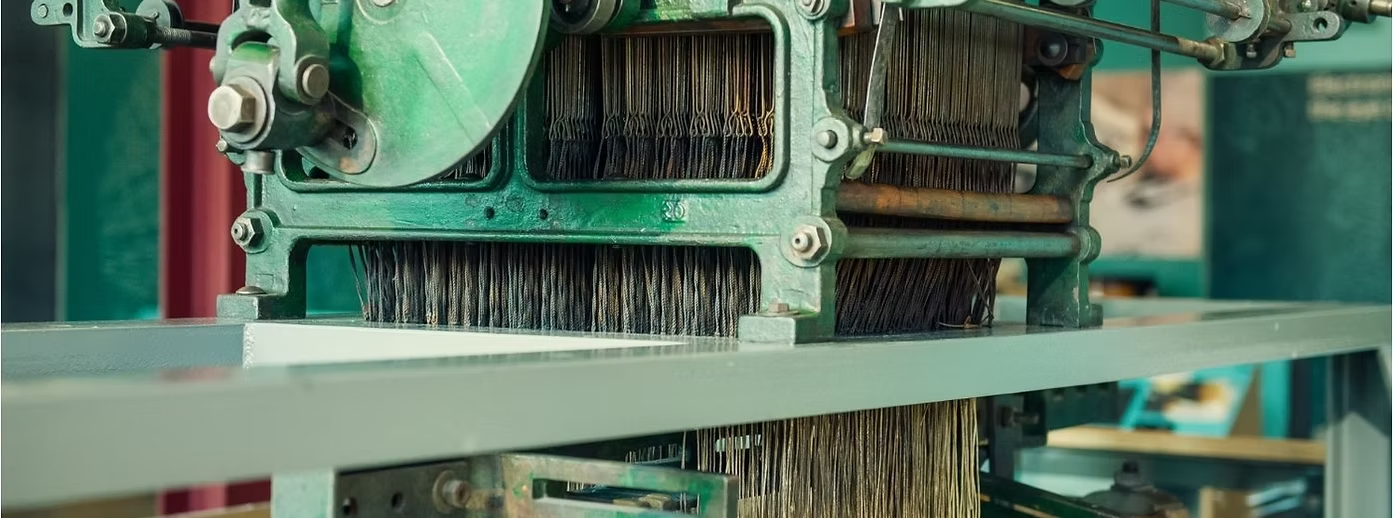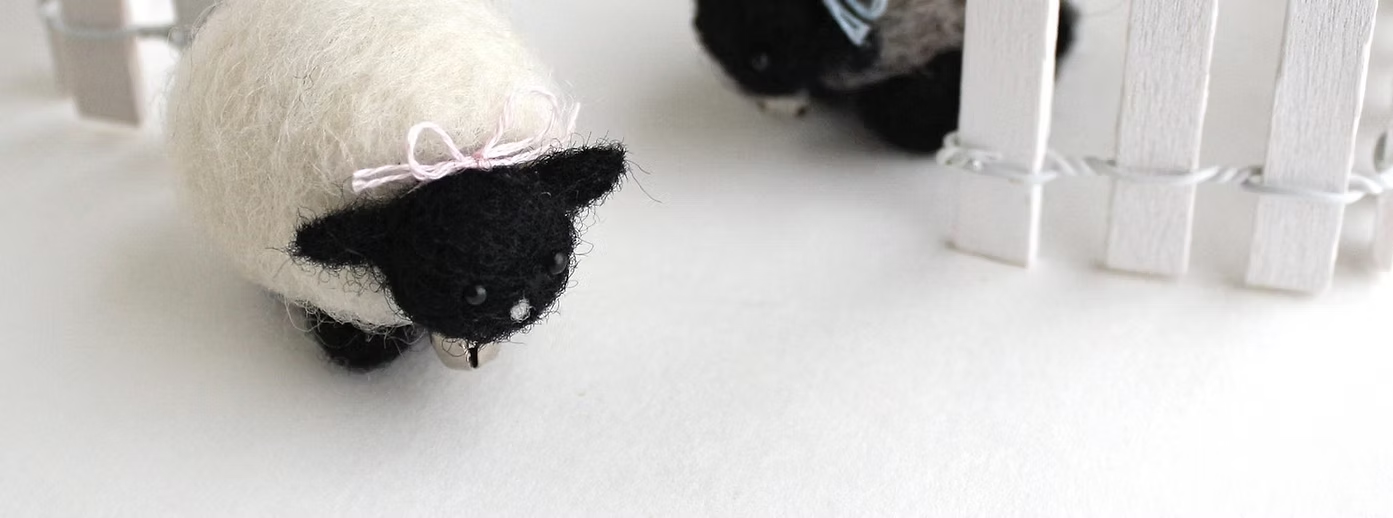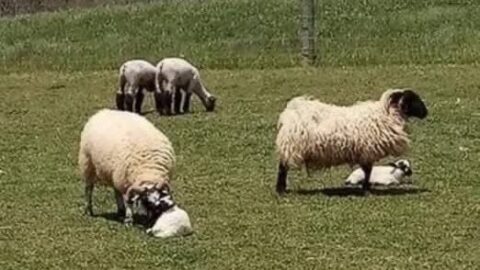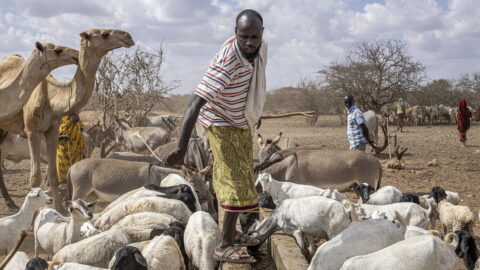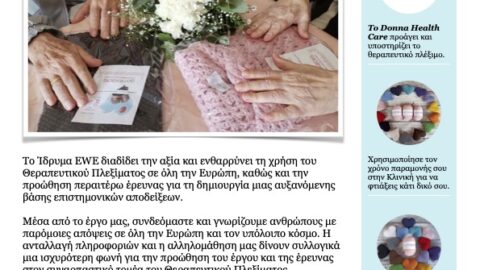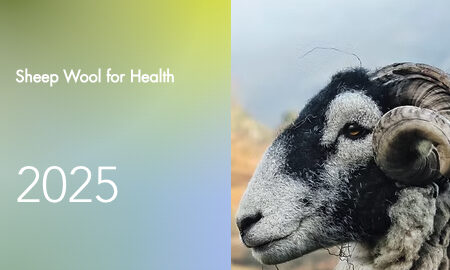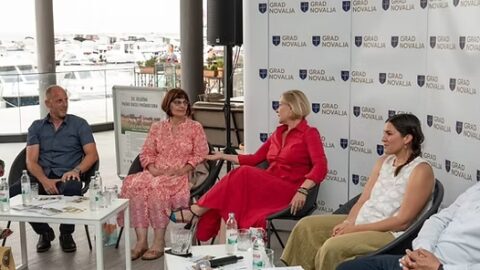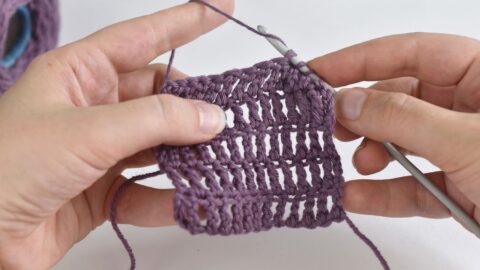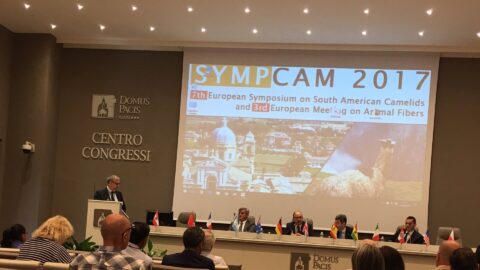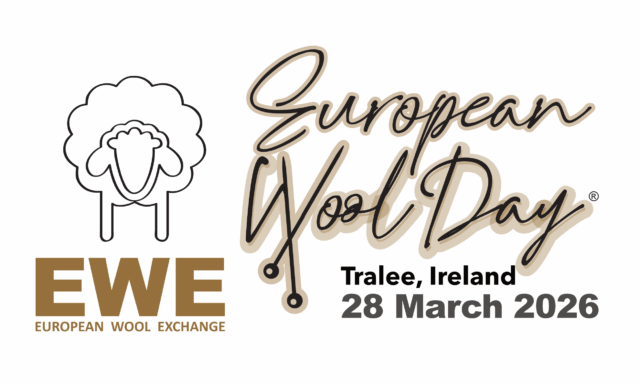Welcome to the European Wool Exchange

In the English language the word ewe is used to name the female sheep, the “partner” of the ram and the mother of the lamb. The pronunciation of the word ewe is exactly the same as the one of the personal pronoun you, so a number of nice and funny word puns have been created, particularly in Ireland, playing on the double meaning of the same sound: how are ewe? Nice to see ewe! Contrary to its equivalent in our other languages, oveja in Spanish, mouton in French, ovca in Croatian, pecora in Italian, probato in Greek, etc, ewe is a very simple and easy to pronounce word and, most importantly, can be the acronym of our mission: European Wool Exchange.
With due respect with the many Mr Rams, in fact, the centre of our attention is Mrs Ewe, because she gives us very nourishing milk, she delivers lambs (to preserve the species) and she generates every year, in average, 1,5 kilos of wool.
Ewe (you) are very welcome to EWE!
Dr. Alberto Costa
President
EWE (European Wool Exchange) is a philanthropic foundation, registered in Cyprus and active in Spain, Croatia, Italy, Greece, Slovenia, Hungary, aiming at a better coordination of the many associations and groups that in Europe are interested in the circular economy of wool and in its return to our society as a precious resource for many uses rather than as a neglected organic waste.
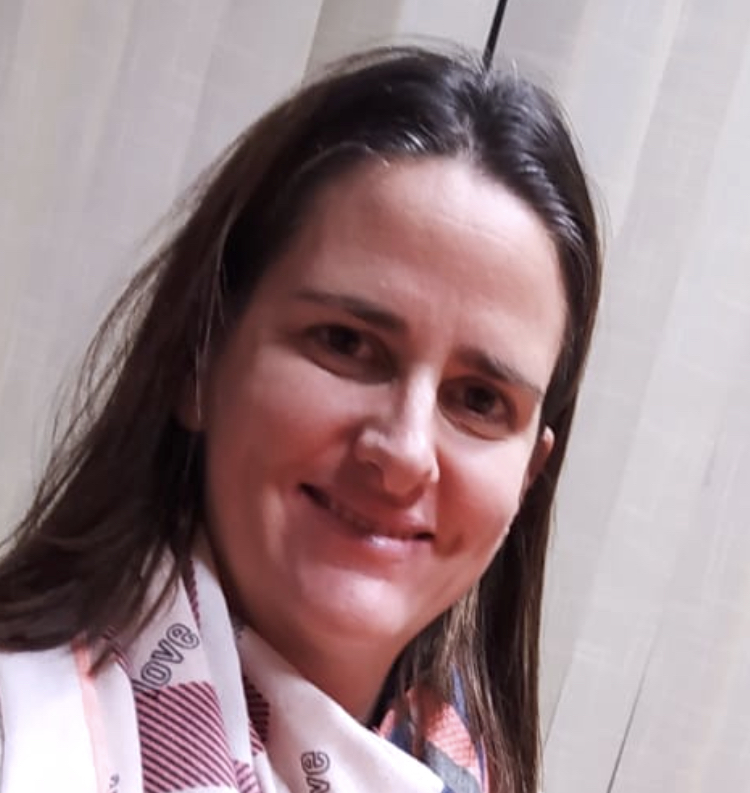
We are big fan of knitting, one of the most ancient manual skills, capable to transform spun wool in useful and sometimes artistic objects. In particular we believe in what we call “therapeutic knitting” to indicate the extraordinary potential of knitting to calm the mind, reduce anxiety and pain, facilitate social integration.
EWE organises every year, around the 9 April, the European Wool Day, to improve the existing knowledge in the field, promotes wool museums and villages, therapeutic knitting in hospitals and nursing homes, and crafting with European wool.
Dora Jamnizcy-Kaszás
EWE Coordinator


